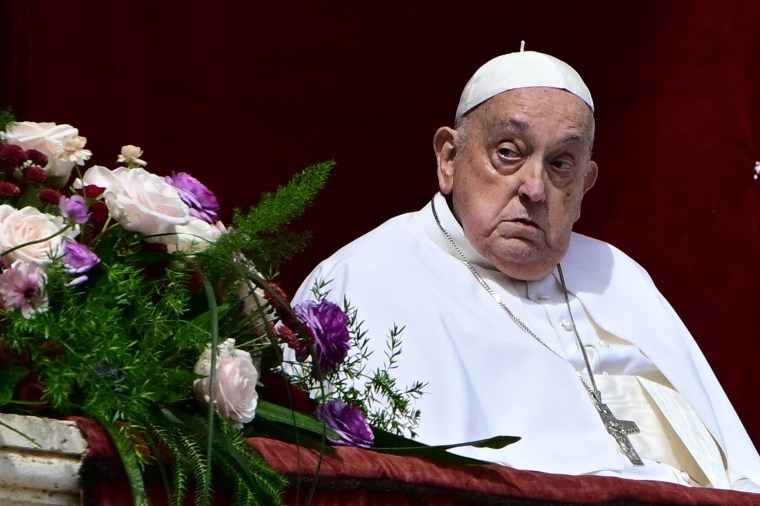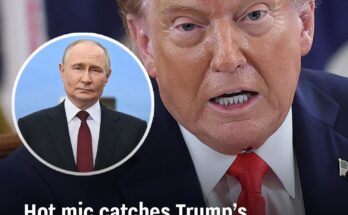Pope Francis, the first pontiff from the Americas and a transformative figure who sought to modernize the Catholic Church by championing the marginalized and challenging traditionalist norms, has died at the age of 88, the Vatican announced.
Cardinal Kevin Farrell confirmed the pontiff’s passing in a statement released early Monday morning.
“At 7:35 this morning, the Bishop of Rome, Francis, returned to the house of the Father,” he said.
“He taught us to live the values of the Gospel with faithfulness, courage, and universal love, especially in favor of the poorest and the marginalized.”
A native of Argentina, Francis energized progressives with his compassionate stance toward LGBTQ+ individuals, his vocal defense of immigrants and the poor, and his call for environmental stewardship. At the same time, his reforms stirred unease among traditionalists within the Church.
Francis’ body will lie in an open coffin at St. Peter’s Basilica, the traditional site for papal mourning and burial. However, in keeping with his wishes, he will be interred at the Basilica of St. Mary Major, located outside the Vatican walls.
In the final years of his papacy, Francis struggled with numerous health issues, including diverticulitis, bronchitis, and most recently, pneumonia. He often relied on a wheelchair or walking aids and increasingly depended on aides to deliver his speeches due to shortness of breath.
A conclave of cardinals will convene in the coming weeks to elect his successor, gathering in strict seclusion at the Vatican to begin the process of selecting the next leader of the Roman Catholic Church.

Born Jorge Mario Bergoglio on December 17, 1936, in Buenos Aires, Francis is the son of Italian immigrants to Argentina.
In his early years, Bergoglio held various jobs—including working as a bouncer and a janitor—and trained as a chemist and food technician before being ordained a Jesuit priest in 1969.
He rose steadily through the church hierarchy in Argentina and, in 1998, was appointed Archbishop of Buenos Aires. Three years later, in 2001, Pope John Paul II elevated him to the College of Cardinals, the body responsible for electing new popes.
In 2013, following the historic resignation of Pope Benedict XVI, Francis became the 266th pontiff—making history as the first Jesuit and the first non-European pope in over a millennium. He assumed leadership of the Catholic Church at a time marked by deep scandal, including widespread clerical sexual abuse and financial corruption.
Unlike his predecessor Benedict, a staunch conservative, Francis charted a more progressive path. He drew criticism from traditionalists for his outreach to LGBTQ+ communities and his efforts to reform the church’s entrenched bureaucracy.
In 2015, Francis became only the third pope to visit the White House and the first to address the U.S. Congress, where he called on lawmakers to confront climate change—a recurring theme throughout his papacy.
In December 2023, he sparked global debate by authorizing priests to bless same-sex couples, a groundbreaking shift in Vatican policy that alienated many Catholics, especially in the United States.
Francis also tackled the church’s long-standing clerical abuse crisis by implementing the most significant reforms to canon law in four decades. He demanded accountability from bishops and insisted on action against clerics who abused minors and vulnerable adults. Still, many victims and advocacy groups criticized his 2019 mandate requiring clergy to report abuse to their superiors rather than to civil authorities.
His tenure was also marked by tensions with conservative American clerics, particularly when he urged the faithful to get vaccinated against Covid-19. Some accused him of heresy for softening the Church’s stance on issues like Communion for divorced and remarried Catholics.
Despite his progressive gestures, Francis maintained many traditional positions. He opposed abortion, likening it to “hiring a hit man to solve a problem,” supported clerical celibacy, and resisted the ordination of women—though he expressed openness to expanding their roles within church leadership.


